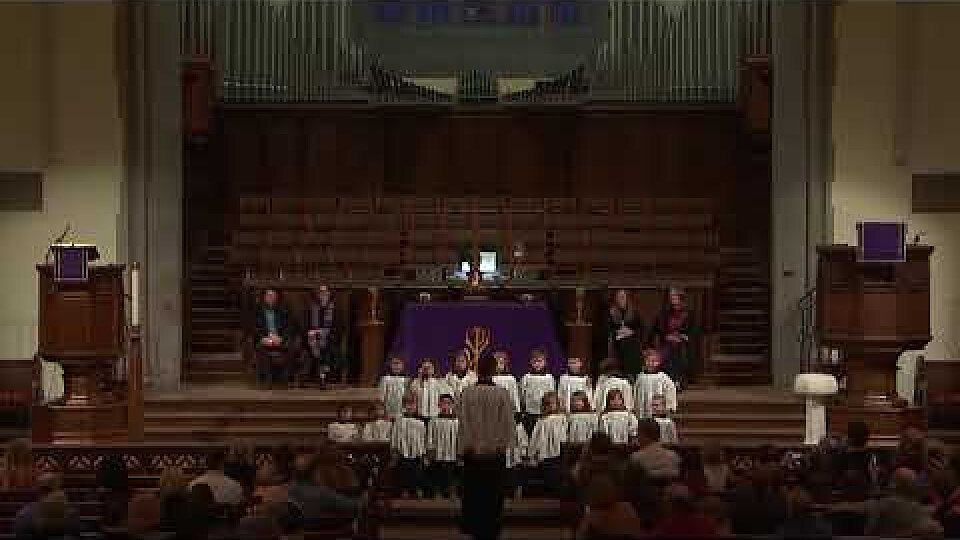

The Old Testament reading had been from Amos: “When you bring me burnt-offerings and grain offerings, I will not accept them”. And full of ecumenical zeal we held a joint ecumenical Ash Wednesday service between the Anglican Parish, the Methodist Church and us in the URC. Having left the Federation as a student and been ordained I was ministering in inner-city Liverpool, a place where over half the houses were boarded up, the shops had close and gone, there was not even a pub that was not abandoned.

Ten years ago I discovered this the hard way in one of those moments we are so good at in Church life, that is simultaneously tragic and comic. I’m a good person really, aren’t I?Īsh Wednesday is a hard day. Original sin, it is said, is the only empirically verifiable doctrine – but one, tellingly, we like to deny. This day, is a day to face such things squarely. To cast the blame elsewhere, to make excuses. It is human to seek to defend ourselves in the face of those things we get so deeply wrong. For we do not like to acknowledge our faults and our failings. To face realities that we often seek to hide from. To make promises that we fear we will not keep. We come to say words that we know are hard to own – recognising our sin, our faults and failings. Such fasting as you do today will not make your voice hear on high.” Jesus, railing against the hypocrites who flaunt their religiosity in public to parade how very pious they are, for then, says Jesus, “you will have no reward from your Father in heaven”.Īsh Wednesday is a hard day. Look, you fast only to quarrel and to fight and to strike with a wicked fist. A day for hard words: Isaiah railing against the people of Israel with biting satire, ending with the stark condemnation that “Look, you serve your own interest on your fast-day, and oppress all your workers.

Bradbury on 18th February 2015Īsh Wednesday is a hard day. A SERMON FOR ASH WEDNESDAY for the Cambridge Theological Federation.


 0 kommentar(er)
0 kommentar(er)
